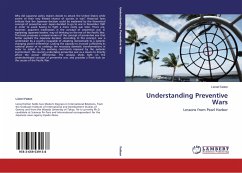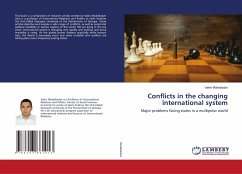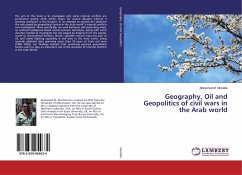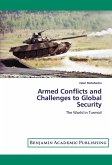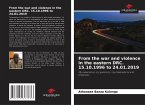Why did Japanese policy makers decide to attack the United States while aware of their very limited chance of success in war? Historical facts indicate that the Japanese decision could be explained by the theoretical concept of preventive war: Japan decided to go to war in December 1941 in order to avoid having to fight a more costly war later. There are, however, apparent weaknesses in the concept of preventive war in explaining Japanese leaders way of thinking on the eve of the Pacific War. This book proposes a revised version of the concept of preventive war that better explains the Japanese decision. According to this concept, war is undertaken by a country incapable of adapting domestically to a systemic changing power differential. Lacking the capacity to increase sufficiently its national power or to undergo the necessary domestic transformations in order to adjust to the evolving constraints imposed by the systemic environment, the country undertakes preventive war as a means to directly affect the power differential. The analysis sheds light on the underdeveloped concept of preventive war, and provides a fresh look on the causes of the Pacific War.

